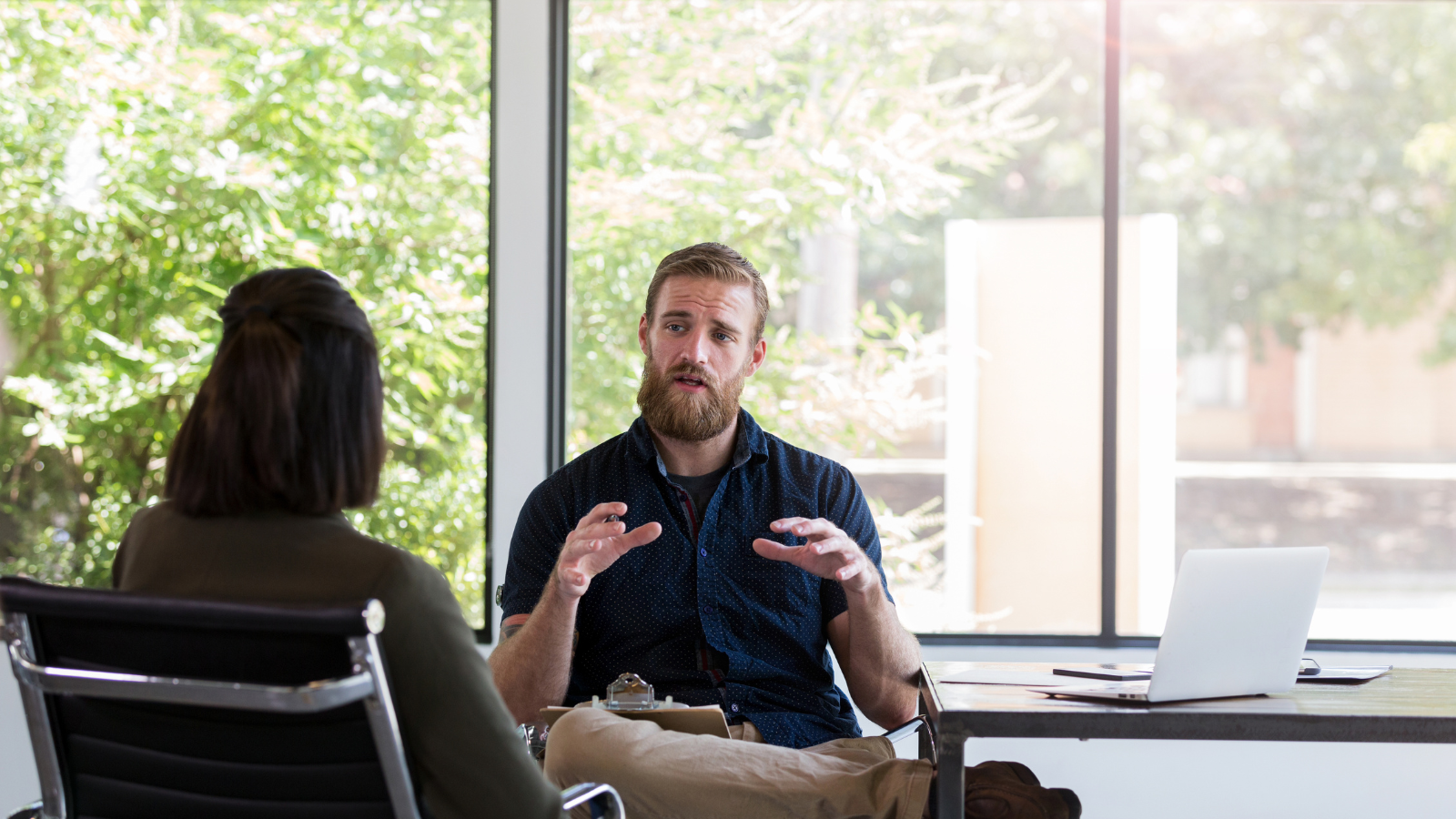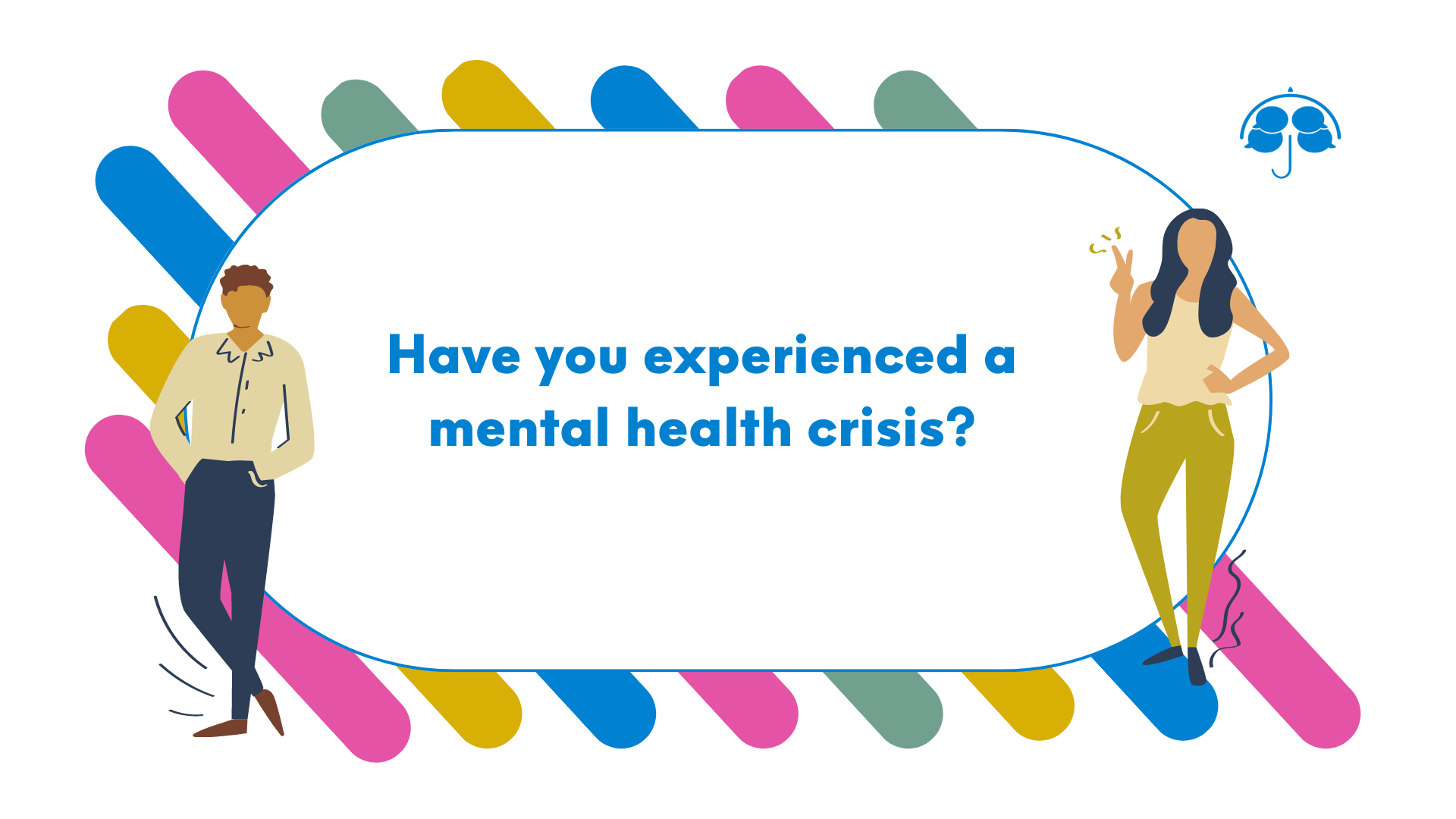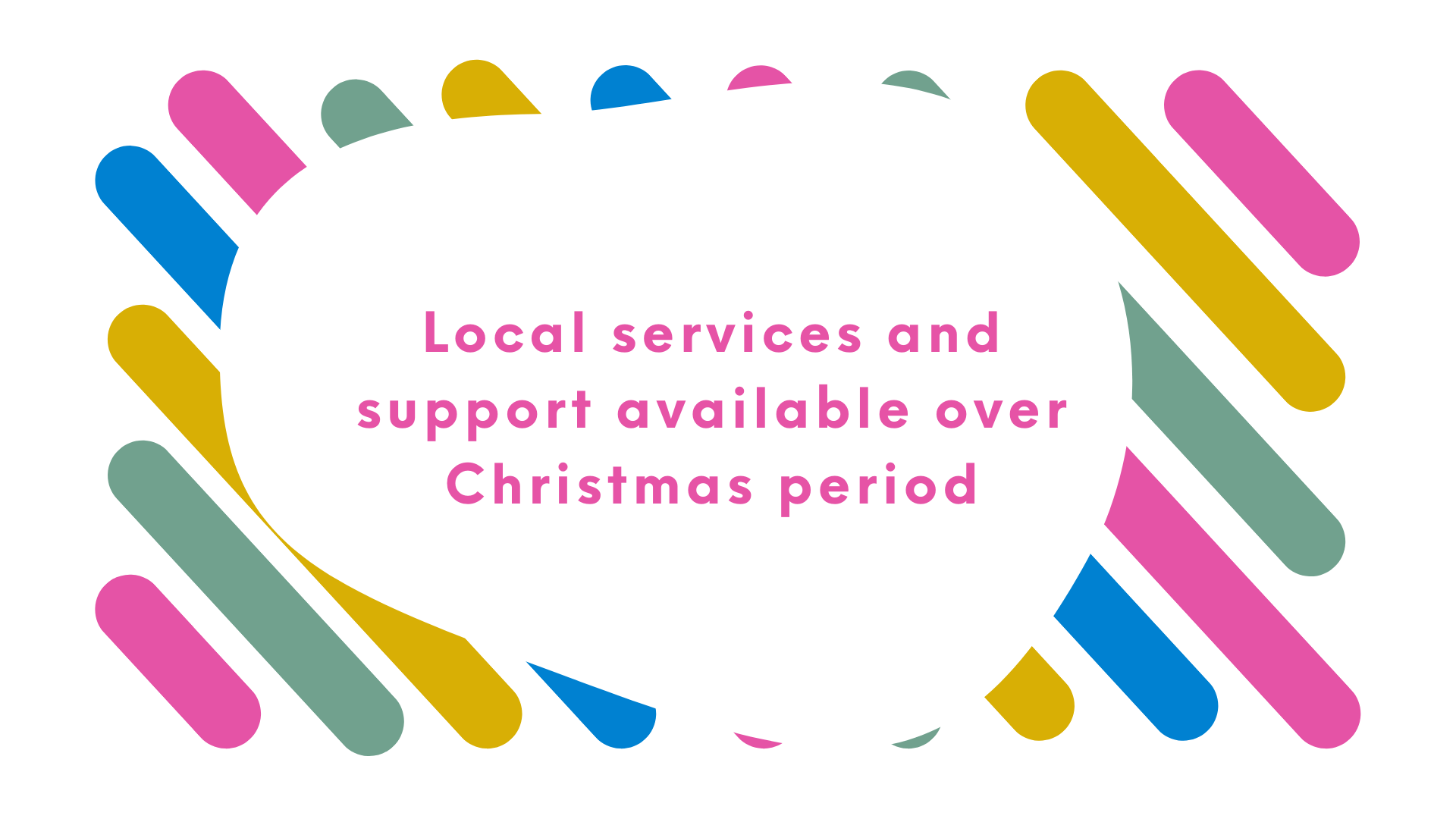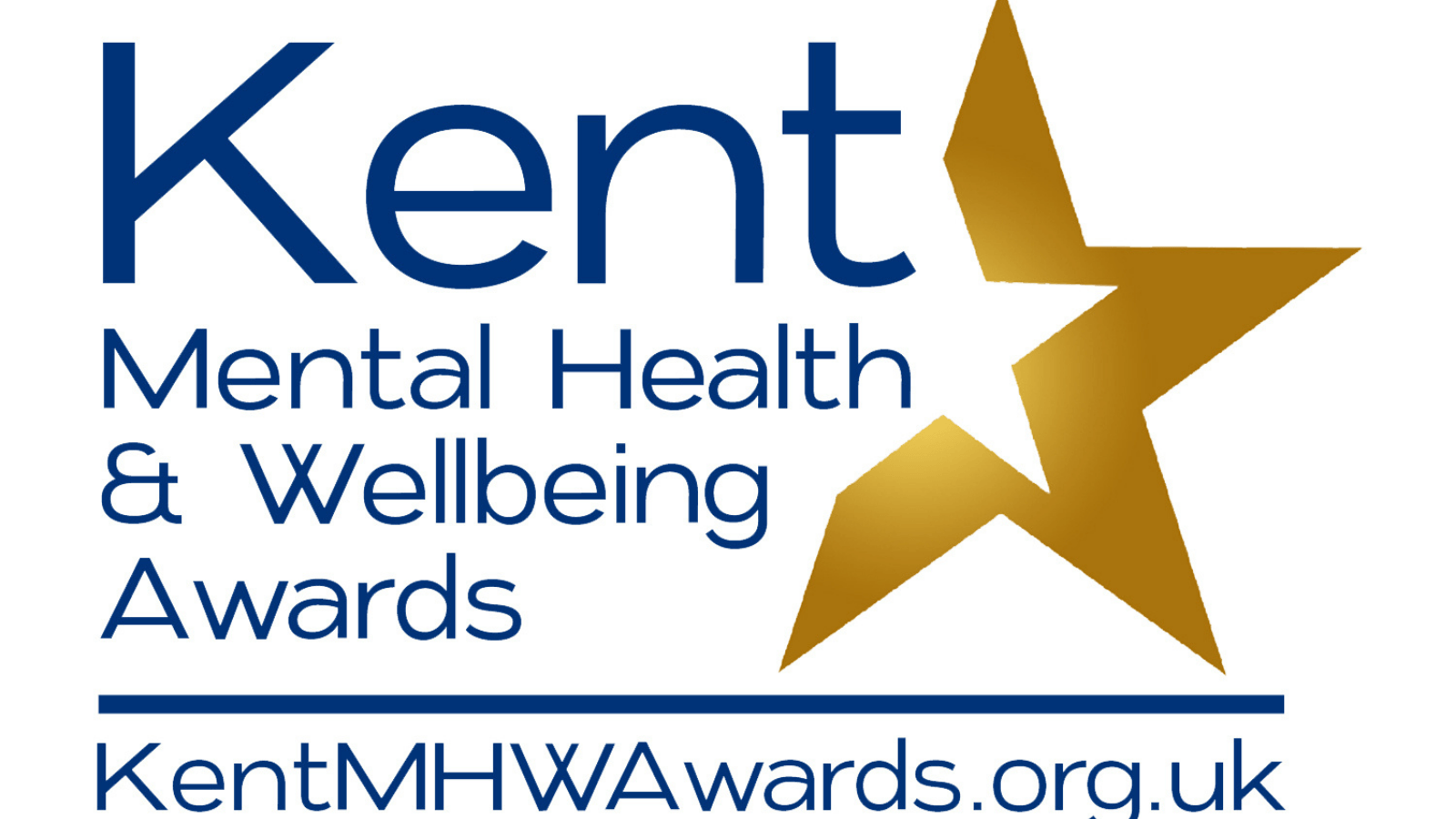Someone I love has died - where can I find support?
Engaging Kent • 13 January 2021
It can be tough at any time to lose someone, but particularly hard during a pandemic when you can feel more alone than usual.
Take a look at our article on the organisations and groups that can support you if you’re grieving.

What is grief?
Grief is something we experience when someone close to us dies. There is no right or ‘normal’ way to feel, as everyone experiences grief differently.
As it is natural to have a strong reaction to someone dying, you may feel:
• Shocked about what has happened
• Pain and distress
• Anger
• Guilt
• Depression
• Longing
• Worried about other people’s reactions
When you’re grieving, it’s important to not put too much pressure on yourself to feel better.
To help you support yourself and others experiencing grief, Cruse Bereavement Care have put together a series of useful articles, including practical advice on what to do when someone dies.
You can find out more
here.
COVID-19 and grief
Increased public talk of death can be distressing for people who are already grieving. For example, the current pandemic may bring up painful or traumatic memories. Social distancing measures also mean people may now be cut off from their usual support networks, intensifying their grief and loneliness.
You may have been bereaved as a result of Covid. Because we are being asked to stay at home to help prevent the spread of the virus, it may mean people do not have the chance to spend time with the person who is dying or are unable to say goodbye. This can make it difficult to accept the reality of the bereavement.
Cruse has some useful information specifically to support people who have lost someone to Covid. Their Helpline
is open and ready to hear from you.
Where can I get support?
Grief is a natural response to loss that many people will cope with through support from family and friends. However, if you want to talk to someone else about your grief, there are services, organisations and community groups that can help you.
NHS support:
If you need support, you can use NHS talking therapies, like Cognitive Behavioural Therapy (CBT). These are free and you can refer yourself directly.
You can find talking therapies near you here.
Read on for details of support groups and voluntary services which can support you.
When should I see a GP about my mental health?
You should go to the doctor if:
• You’re struggling to cope with stress, anxiety or a low mood
• You’ve had a low mood for more than 2 weeks
• Things you’re trying yourself are not helping
• You would prefer to get a referral to a service from a GP
If you're in a crisis and need urgent help:
If you don't feel you can keep yourself safe
right now, seek immediate help by visiting your nearest Accident & Emergency (A&E) department or call 999.
If you need urgent support but don't want to go to A&E:
• Call Samaritans
on freephone 116 123
– they're always open and are there to listen.
• Contact your GP surgery and ask for an emergency appointment
• Contact NHS 111
Find support on social media.
Lots of people have set up their own online communities or accounts exploring grief and bereavement. For example, the UK Motherless Daughters Facebook group
is a closed space for people to share their experiences and feelings.
These groups can be particularly helpful if you’re waiting for NHS support or are currently unable to access traditional support because of COVID-19. Please note that we are not checking these sites regularly so we cannot vouch for all their content.
You can find these groups by searching key words, like grief and loss, on different social media channels. Some examples that might help you are:
• Griefcase
(Instagram)
• The Grief Gang
(Instagram)
• Your New Normal
(Instagram)
• Siblings Grieve Too
(Instagram)
• Live. Death. Whatever.
(Twitter)
• The Loss Project
(Twitter)
• Apart of Me
is a game designed to help young people cope with the death of loved one.
• The Griefcast
is a podcast where comedians talk about their own experiences of death and bereavement.
• Grief Encounters
is a podcast about love, life and loss.
Charities and community organisations
There are lots of organisations that can help you if you’ve been bereaved. This article has a selection of national charities and community groups, but to find the full range of support available to you, you can use the At a Loss website.
Many of the organisations below run helplines, online chat services or are arranging digital meet ups to continue providing supporting during the pandemic.
Organisations supporting adults:
Cruse Bereavement Care
provides bereavement support to people across the UK. If you need someone to talk to you can call their helpline. Call 808 808 1677
Friends Together
is based in West Kent. They run a Grief Chat which is a completely free service and is available Monday-Friday, 9am-9pm. Call 01732 360328
The Compassionate Friends
offers support for those mourning the death of a child of any age and from any cause. You can email them here helpline@tcf.org.uk
.
Death Cafes
are local groups of people getting together to drink tea, eat cake and discuss death. They are run entirely by volunteers. Although they may not be meeting physically right many are meeting virtually. Find your nearest here.
WAY Foundation
is a national charity that supports people who have been widowed before their 51st birthday.
Survivors of Bereavement by Suicide
exists to meet the needs of those bereaved by the suicide of anyone close to them.
Call 0300 111 5065 - Monday to Friday, 9am-9pm.
Macmillan Cancer Support
provide information and support for anyone affected by bereavement due to cancer.
Call them on 0808 808 0000
Organisations supporting children and their families:
Grief Encounter
is a charity supporting children and their families who have experienced the death of someone close to them.
Call 0808 802 0111
- Monday to Friday 9am-9pm
Holding On Letting Go
is a Kent-based charity that helps children to cope with the death of someone close to them.
Winston’s Wish
supports children and their families after the death of a parent or sibling. If you need advice on supporting a bereaved child, you can phone their helpline.
Call 0808 802 0021
- Monday to Friday 9am-5pm
Child Bereavement UK
supports families and educates professionals both when a baby or child of any age dies or is dying, and when a child is facing bereavement.
Call 0800 028 8840
- Monday to Friday, 9am-5pm
Jigsaw South East
provides information, advice and guidance to help support bereaved children and young people and those facing the death of a loved one. They support families across Surrey, parts of West Sussex, Kent and surrounding areas.
Call 01342 313895
– Monday to Friday 9am – 12pm
Slide Away
is a charity which works in partnership with schools in West Kent. Their aim is for all children to have access to a bereavement support service.
You can email them on slideawayone@aol.com
Organisations supporting young people:
Hope Again
is website set up by Cruse Bereavement Care for young people.
Let’s Talk About Loss
is a peer-led meet up group in cities across the UK for young people aged 18-35 who have been bereaved at any stage. You can find them on Instagram
The New Normal
runs grief support meetings to connect young adults who have all experienced loss and are looking for others who understand.
End of life organisations:
Compassion in Dying
is helping people to prepare for end of life.
Call 0800 999 2434
- Monday to Friday, 11am-3pm.
Hospice UK
is a national charity for hospice and palliative care.

International focus on young people's health On the 10-12th July at the University of Reading, delegates, including academics, policy makers, youth workers, dignitaries and members of the Commonwealth Secretariat were invited from across the Commonwealth to discuss the power of youth work. Over the course of three days there were presentations and breakout rooms where global youth work was discussed and learning was shared. Local voices Munya Badze, Kent and Medway System Youth Volunteering Project Manager, and Tamsyn Phillips, Lived Experience Lead for Young Adults for the Kent and Medway’s Children and Young People’s ICB were invited to present, and presented on building partnerships using the youth voice to support health outcomes for young people; an approach from Kent and Medway. Impact People fed back that they felt inspired and would definitely consider using lived experience in their work going forward, which is a positive step in the right direction in incorporating youth voice directly into youth work. Global networks were made and Munya and Tamsyn are looking forward to connecting further with fellow delegates.

Neurodiversity is highly misunderstood and is commonly understood as another term for autism. We have produced a resource for those wanting to understand or seek support for Neurodiversity. To introduce this we wanted to address some of the common myths and misunderstandings about autism. Autism is not an illness Being autistic does not mean you have an illness or disease. It means your brain works in a different way from other people. It's something you're born with, or first appears when you're very young. If you're autistic, you're autistic your whole life. Autism is not a medical condition with treatments or a 'cure'. But some people need support to help them with certain things. People with autism may act in a different way to other people. Autistic people may: find it hard to communicate and interact with other people find it hard to understand how other people think or feel find things like bright lights or loud noises overwhelming, stressful or uncomfortable get anxious or upset about unfamiliar situations and social events Take longer to understand information Do, or think, the same things over and over If you think you, or your child, may be autistic, you can get more advice about the signs of autism here. Being autistic does not have to stop you having a good life. Like everyone, autistic people have things they're good at as well as things they struggle with. Being autistic does not mean you can never make friends, have relationships or get a job. But you might need extra help with these things. We want to hear your story Have you or loved one experiences of neurodiversity and/or autism? We want to hear your story We’ve been working for several years now to try and improve the services that support people who have neurodiversity and/or autism, and their families. We can only do that if you tell us your story. We can use your story to make change happen. Get in touch here Where to get support: Find out where to get support here Download Neurodiversity resources here:

On the 25th of May, Kent and Medway Children and Young People’s ICB held a conference to start a conversation around young people’s mental health and wellbeing, which was co-organised by EK360’s Lived Experience Lead for Young Adults. The event was held at Repton Connect Community Centre in Ashford, and had a turn out of over 100 people, including stakeholders, young people, and volunteers from a local secondary school. The all-day event had speakers from TONIC, NHS England, Involve and more. In attendance were also members of LGBTQ+ support group Prysm and young counsellor Ruby Porter from the Faversham Counselling Service. However, the most striking speakers were the young people that had volunteered to share their experiences. Ryan, a service user at Involve, spoke to us about his experience of struggling with mental health issues, and explained how Involve had made a big difference in his life. Shivali shared with us her experience of having mental health issues through university, and how she struggled to find resources that helped – she now advocates for better resources and runs a student union group that supports others that are struggling with their mental health. Another notable presentation was held by two students from the Hundred of Hoo Academy. Tegan and Isabelle presented their experiences of being young people with mental health issues, and explained how they felt there was not enough support for young people dealing with these issues. They went above and beyond in their presentation, even demonstrating a survey that they had created, asking their fellow students whether they were satisfied with the support they had received from young people’s mental health services. The overwhelming response from the entire day was NO. At the end of the event, we were asked to fill out feedback forms and write down what we think ‘It would be better if...’ for the young adults mental health services. This will all be collated and anything actionable will then be used to inform what people want from future events. We will be continuing the conversation going forward.

Attendees, including the Leaders of both Medway & Kent County Council, applauded alongside senior representatives from every NHS organisation in Kent & Medway. Community and voluntary groups, as well as the individuals who had done the work, joined in the celebrations at Revelations in Ashford. 32 people and organisations were winners at the prestigious Healthwatch Recognition Awards amongst them were two awardees known to our Mental health Voice Network: East Kent Mind and a Team working around Lived Experience supported by the ICB/KMPT and EK360. We have put together profiles of these projects. They are built into a resource on Mental Health support covering: Guidance around Mental Health Crisis x2 Healthwatch heroes: Mental Health Links to further information

Improving Access to Psychological Therapies (IAPT) , recently renamed as NHS Talking Therapies, wants to bring the voice of people who use the services to the heart of service development. Your feedback will be used to help shape and develop NHS Talking Therapies services and how they link into wider community mental health services. You need to read about this invitation to influence your service and share your thoughts if you are: Currently receiving therapy through NHS Talking Therapies Have been referred to NHS Talking Therapies and am currently on a waiting list Have been referred to NHS Talking Therapies in the past but was unable to use the service Previously received therapy through NHS Talking Therapies A survey has been co-produced by people who have used NHS Talking Therapies (Formerly IAPT) and the Mental Health Lived Experience Team hosted by EK360. EK360 is a community interest company based in Kent who work with health and social care organisations across Kent and Medway. To complete the survey and share your views click here. The current closing date for this survey is Friday 31st March. Your feedback will help us to shape the future of NHS Talking Therapies (formerly known as IAPT) across Kent & Medway. Recommendations will go to local NHS Talking Therapies providers about how the service can support its patients more effectively. The Mental Health Lived Experience Team are currently working with local commissioners to gather feedback about using the NHS Talking Therapies (formerly known as IAPT) service in Kent and Medway. All your feedback will be confidential and anonymised and will be used to inform the development of NHS Talking Therapies as well as the pathway between NHS Talking Therapies and Community Mental Health services as part of the Community Mental Health Framework Transformation. If you have any questions about the survey or would rather arrange a one to one chat with a member of the Lived Experience Team to discuss your experiences, please email livedexperience@ek360.co.uk and someone will be in touch with you in a few days.

This February and March, face to face and online opportunities are available to share your experiences and influence services for those in crisis around their mental health. Someone from NHS Kent and Medway will be available to listen on the following dates: In-person: Margate Media Centre Tuesday 28th February, 1pm Online: via Zoom Tuesday 7th March, 1pm Future meetings are hoped for in Ashford and Dover/Deal. The shape of Crisis care is extremely important to the Mental Health Community. SpeakUpCIC are hosting these two forums to allow you to share directly with NHS Kent and Medway NHS Kent and Medway is bringing people’s experiences together to help shape changes in Crisis care services and improve how Section 136 is included by the NHS as a form of response to mental health crisis. To be heard, please email aram@speakupcic.co.uk or maggie@speakupcic.co.uk or call 01843 448384 . State your preference for face to face or the online forum. You will be contacted prior to the forum to confirm details. If you are uncertain as to whether you have accessed Crisis Services or Care and want to learn more about Section 136, please click here

If you live in Tonbridge There’s now a temporary Covid clinic in the Sovereign Way North Car Park. If you’re eligible for the autumn booster, they are open on Tuesday afternoon (2-6pm), Thursday afternoon (2-6pm) & Saturday mornings (9am – 2pm). You can just walk in, or book here If you live in Dover & Deal There are four temporary clinics, and they are all welcoming walk in appointments. You can find them at: Sundays at St James Retail Park in Dover from 10am to 4pm. Mondays at the Dover Health Centre from 10am to 4pm Tuesday at Deal Hospital 10am to 4pm. Wednesday at Buckland Hospital from 10am to 4pm If you are housebound GPs, pharmacists and community organisations are busy visiting people who are housebound to offer the autumn booster. It does take time to get round to everyone, so the NHS is asking people to be patient. They’re aiming to reach everyone who is eligible by early December. There is no need to chase your GP just yet.

The service launched on June 17th and allows d/Deaf people to access the emergency services with the help of a remote BSL interpreter. It has been judged to be revolutionary in the rights of d/Deaf people. How to use it There are two ways to use it. The first way is to access it via the app. The app is simply called 999 BSL and is available on IOS and Android systems. So after pre-downloading the App, in the event of having to use it simply open the app and press the red button which says ‘Call 999 BSL Now’ and then connect to a fully qualified interpreter. The second way to use the service is via the website https://999bsl.co.uk. Once accessing the website it is the same basic idea as via the app. Click the red button saying ‘Call 999 BSL Now’ and connect to a fully qualified interpreter. When to use it It is designed to be used when the services of an ambulance, police, fire or coastguard are needed because someone is seriously injured, a life or lives are at risk, a person themselves is in danger or at risk of immediate harm or a serious criminal offence is occurring or has just occurred. If it is less urgent please use Police 101 or NHS 11 (Using Sign Video). Other Important information: The service is available at all times with no downtime. The service allows call backs to be used. For that, the app or website must not be closed during the waiting period after the initial call has been made. If the app or website is closed, the call back cannot take place. You’ll need Wifi or 5G/4G/3G/2G data to make it work. Due to legal reasons all calls are recorded. If something goes wrong with the system, then text relay can still be used. All calls are free and do not affect your date usage. If you have been charged then please contact your mobile provider as it is illegal to charge for the data use relating to this service. The location of every call is tracked to protect the users of the service. For more info, visit https://999bsl.co.uk

The Council is considering raising our Council Tax by 3%. Although they have a budget of £1.8 billion for the year ahead, it's not enough to fund everything. The Council want to hear your thoughts about its proposals and help them decide how to spend their funds. Get more information and share your thoughts here


